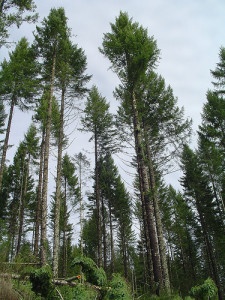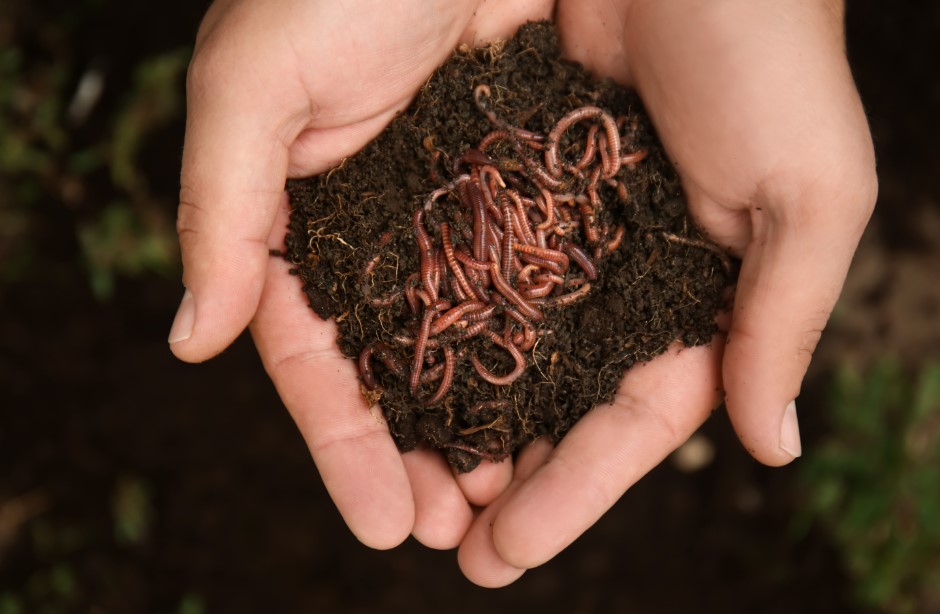We have much more to do and your continued support is needed now more than ever.
Welcome to National Wildlife Week!

National Wildlife Week 2013 is all about trees – we are Branching Out for Wildlife! Trees are an invaluable resource for wildlife and for people, yet we often take them for granted. Trees provide us with oxygen, with paper and wood products, with fruit and nuts, with cleaner air and water, with shade and so much more. Wildlife find food, cover, places to raise their young and even water in trees. Our world needs trees!
As part of National Wildlife Week we are featuring 45 different wildlife species so you can learn about them in depth. We have 10 tree species, 9 mammals, 8 birds, 8 invertebrates, 4 amphibians, 3 reptiles, 2 fish, and even one fungus! See if you can discover the many interesting relationships between these species.
For instance, the red tree vole and northern spotted owl both live in forests dominated by Douglas-fir trees. Indiana bats sometimes roost under the shaggy bark of shagbark hickory trees. The dusky-footed woodrat likes to line its nests with California bay laurel leaves. The mangrove rivulus fish can survive two months out of water in mangrove forests. And the Louisiana pine snake likes to eat pocket gophers, which in turn like to eat the roots of quaking aspen trees.
How to Celebrate
There are lots of things to do during National Wildlife Week. Learn all about the trees and wildlife, download our Mega-poster of a tree (it’s over four feet tall!), play games with our Wildlife Trading Cards, organize a tree planting event, donate to our tree bank, or simply get outside and climb a tree or look for wildlife in your own backyard or neighborhood.
And please let us know, how do you plan to celebrate National Wildlife Week!
![]() Help us reach our goal of planting 75,000 trees. Please donate today>>
Help us reach our goal of planting 75,000 trees. Please donate today>>





















